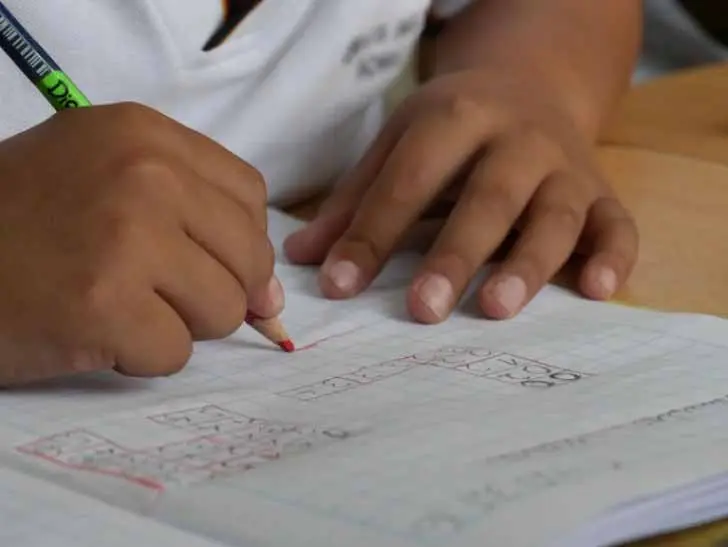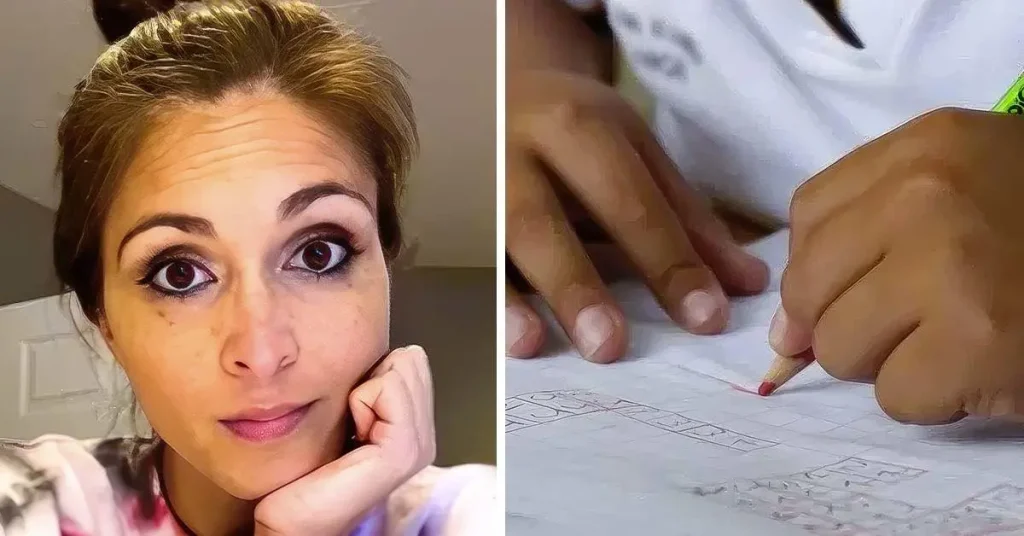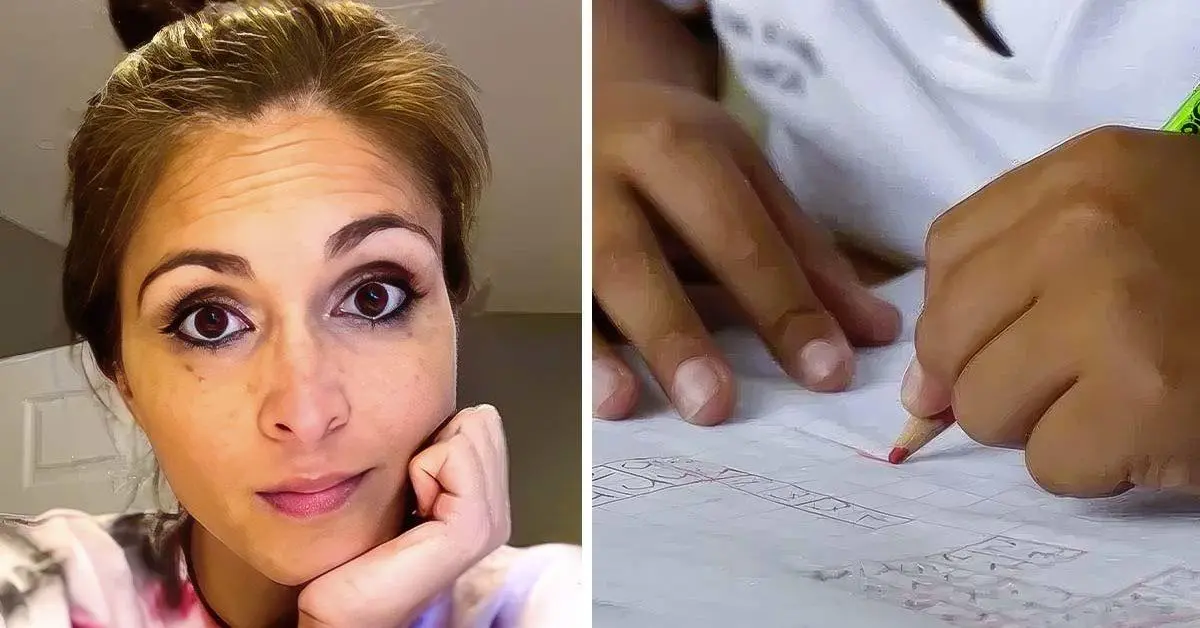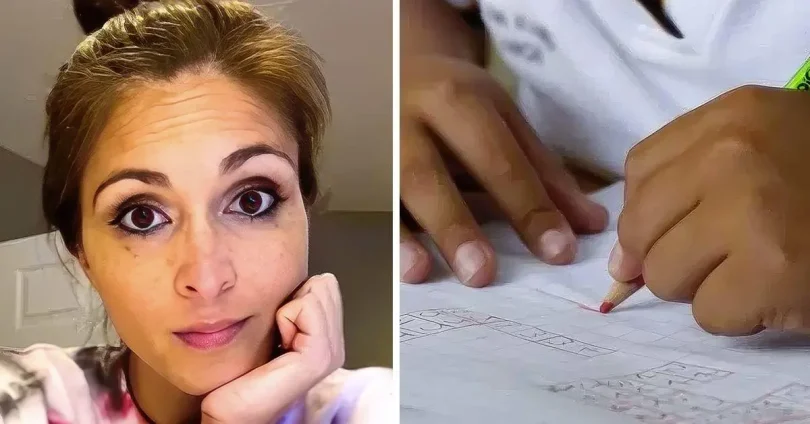ADVERTISEMENT
An elementary school teacher recently made a bold decision that sparked heated debate in the education world: she decided to eliminate homework for her students. This unique educational approach quickly made the rounds on the web, sparking contrasting reactions from parents and education experts.
For many children, the after-school routine has become an exhausting ritual: snack, homework, shower and bed. Parents and children often find themselves rushed and tired by this daily race against time. It is in this context that the teacher chose to shake up the codes by eliminating homework.
ADVERTISEMENT
Traditionally, homework is seen as a way to consolidate knowledge acquired in class, deepen the understanding of the material and stimulate the child's thinking. However, the teacher questions their necessity for the overall development of the student.

ADVERTISEMENT
According to her, children should enjoy family time, strengthen bonds with their parents and engage in enriching extra-curricular activities. She believes that homework ends up being a burden for the whole family, putting additional pressure on children and their loved ones.
The trigger for this decision was becoming a mother. In a statement shared on TikTok, the teacher explains: “After a lot of reflection on my job and my role as a parent, I realized that homework ends up being a heavy burden on the whole family.” This position generated nuanced reactions, between support and criticism.
ADVERTISEMENT
Some parents welcomed the teacher's initiative, praising the benefits of this approach which offers children more time to flourish in sporting, cultural or extracurricular activities. One parent even commented, “Homework only puts pressure on children and their families.”
Claire Leconte, professor emeritus of educational psychology, agrees. According to her, homework should not be compulsory at home, as it puts additional pressure on the child. She recommends reducing the homework load so that the child can engage in other activities and free themselves from stress.
ADVERTISEMENT

Removing homework has many benefits for children and their families. It frees up time for fulfilling activities, strengthens family ties and reduces stress linked to academic pressure. Children can thus explore other areas of interest and develop transversal skills.
ADVERTISEMENT
However, this educational approach also attracts criticism. Some defenders of homework emphasize their importance in consolidating learning and preventing gaps. They are concerned about the potential negative consequences on students' academic performance.
It is important to remember that school plays a central role in the education of children. Quality teaching during school hours is essential to ensure the acquisition of necessary knowledge and skills. Homework should not replace solid learning in the classroom.
ADVERTISEMENT

Alternatives to traditional homework exist to consolidate knowledge and stimulate learning outside the classroom. Innovative methods, such as collaborative projects, fun activities or online resources, can be implemented to encourage student exploration and curiosity.
ADVERTISEMENT
The impact of eliminating homework on academic results remains to be evaluated. Studies and testimonials on the subject could shed valuable light on the long-term effects of this educational approach. It will be interesting to follow the evolution of the performances of the students concerned.
This teacher's decision is part of a broader debate on the need to adapt the education system to the needs of children. It invites us to reflect on the place of homework in modern education and on the means of promoting the overall development of students.
ADVERTISEMENT
In conclusion, the elimination of homework by this primary school teacher has sparked a lively debate in the world of education. While this approach has undeniable benefits for the well-being of children and families, it also raises questions about the potential impact on educational outcomes. This bold initiative opens the way to broader reflection on the necessary evolution of the education system to meet the needs of 21st century students.


